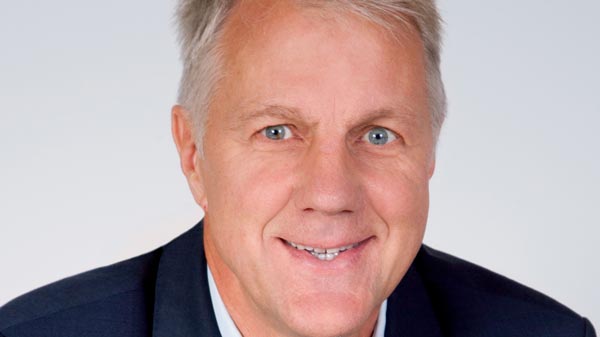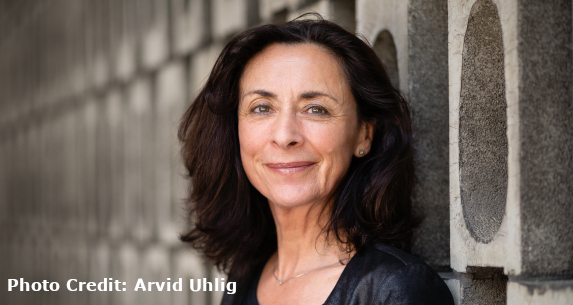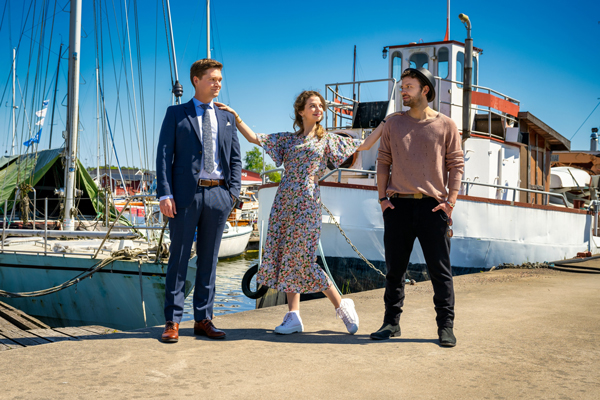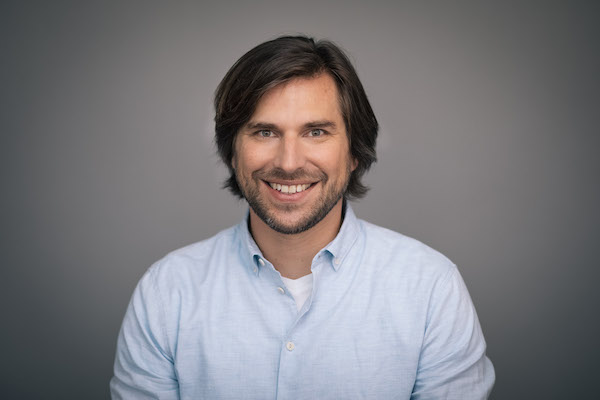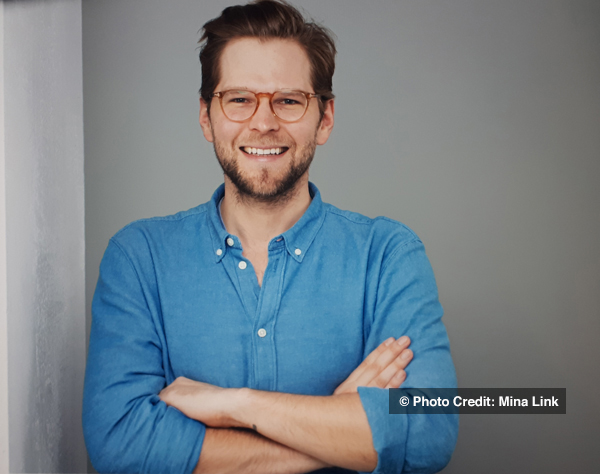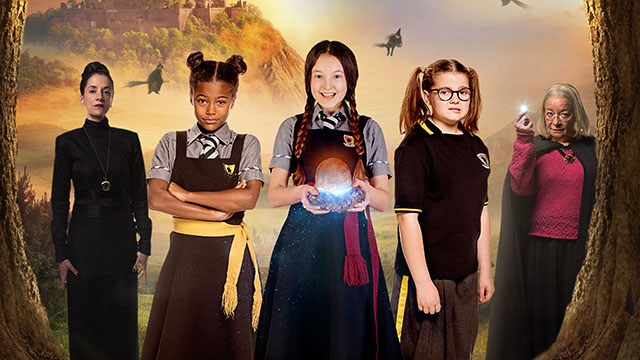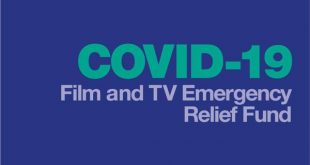PREMIUM: Alexander Coridass, the president and CEO of ZDF Enterprises, talks to World Screen about how the company has been investing in production outfits, all the while positioning itself in today’s media landscape as a reliable and long-term partner for broadcasters and nonlinear platforms.
TV EUROPE: When the company started, what were your goals and what was the strategy for growing the business? It has grown quite a lot, hasn’t it?
CORIDASS: Absolutely, we have grown tremendously—I say this not to highlight the top management’s part in our success, but to express my respect and gratitude to my staff and our partners. Our profit is now eight to ten times as big as it was 25 years ago. At that time, we were the classic outsourced unit of a public broadcaster, acquiring and distributing programs. This is a highly respectable task, but our operating range was limited. As for acquisitions, at that time ZDF bought a lot via program rights traders who acted as intermediaries between the original rights holders and us. ZDF Enterprises re-established direct contacts with studios and producers, and at the same time, we professionalized the buying process by negotiating better prices, terms, etc. We still render this service to our shareholders today and are still extremely proud to be part of that business, because ZDF is one of the most important buyers globally.
On the distribution side, 25 years ago, the catalog consisted only of output from the pubcaster ZDF, which by nature was limited with regards to language and quantity. So, our strategy was to continually extend our catalog. First, we started to invest in international co-productions. Second, we took over distribution mandates from domestic and international producers and broadcasters, and third, we undertook in-house development. Finally, we entered the corporate business and established a small portfolio of production companies. Today, we hold shares in 13 companies, most of them in the production sector. For some, we are the 100-percent shareholder and for others minority partners. ZDF Enterprises’ most recent corporate acquisition was a stake in World Media Rights in London, run by the brilliant Alan Griffiths. We will continue to look for new opportunities to broaden our corporate portfolio both domestically and internationally.
TV EUROPE: What have been ZDF Enterprises’ most important accomplishments?
CORIDASS: Perhaps this sounds banal, but the thing I am most proud of is that we didn’t only talk about things; we made them happen. We participated in literally hundreds of co-productions and projects. When we started, there were almost no international co-productions, at least not the kind where we could distribute international rights. We created a portfolio of companies with a total turnover of more than €300 million. We had ideas of how to grow the business and how to become a respected player in the market and we achieved that goal. It’s not easy for me to say I especially like this and that project. Of course, we are proud we did all the teenage live-action series with our Australian and British partners, for instance, The Worst Witch, the recent big joint project with CBBC; or our Scandinavian co-pros, which created a globally successful brand; or our highly successful documentary series; or Italian and German drama series like Maltese, Ku’damm 56 and Ku’damm 59. On a more general level, I would say I’m proud of the ability of my team to first, analyze a situation; second, develop an idea and a strategy; and third and most important, execute it—these three steps are the reasons behind our success.
TV EUROPE: What is ZDF Enterprises’ reputation in the market? How do buyers view the product you offer?
CORIDASS: You have to ask the buyers! But I at least hope we have managed to position ourselves as a creator of outstanding programs, a successful distributor, and a reliable partner (especially also, when times get a little bit tough). We have focused on certain genres—drama, children’s and youth, and factual programming. We try to offer the best to satisfy the needs of broadcasters and platforms.
TV EUROPE: Speaking of platforms, over the last 25 years the media landscape has changed so much it’s unrecognizable. What are some of the biggest challenges you’ve faced and some of the lessons learned along the way?
CORIDASS: The challenge is not only change as such but its speed, and it’s still accelerating. Whenever you think there is a new trend or a new technology, it has already been surpassed, and it is really hard, but crucial, to provide enough answers for today’s challenges. It might sound a little old-fashioned, but even in these fast-paced times, with all these changes in technology and content, we always try to create and maintain long-term, reliable partnerships. Of course, nowadays “long-term” can mean five or seven years and not 20, 30 years, but we believe in win-win situations and structured partnerships.
If you ask me personally what I have learned during these years, I’d say you can never do enough to improve your knowledge of programming and to identify new and exciting ideas and projects. You can never do enough to make the company efficient, innovative and customer-oriented. You never can do enough to form a good team, coach your people to give them enough space to develop while at the same time including them in a common idea and vision. You will fall flat on your face again and again—I have done it many times—but then you have to get up again, learn your lesson, and move on. The only thing I personally regret is that when you acquire experience, you would need almost a second life to use all the experience you gained and do better the next time. But it’s not about a single person; ZDF Enterprises considers itself a “learning company,” and so the experience we gain is not just personal, but it becomes part of the DNA of the company. Consequently, it is the whole team that learns from what we have done, the accomplishments and the mistakes.
TV EUROPE: You mentioned the ZDF Enterprises team. What will it be concentrating on in the next 12 to 24 months?
CORIDASS: We have a mid-term plan for the next three to four years and the number one issue is digitalization. When talking about digital, I think you have to differentiate between three completely separate issues. The first is in the field of your processes and organizational structure. We are quite far, but we want to become a company whose processes and organization are completely digitalized, from the first idea of a project to development and (co-) production, to the rights and materials information five years later. We are in good shape, but we want to be at the forefront as far as this is concerned.
The second issue is the programming needs of digital, nonlinear platforms. As far as this is concerned, I think we are extremely far along, 30 percent of our turnover comes from digital clients and five years ago it was less than 1 percent. That shows how dynamic the growth has been. Even though we’re doing a lot, we’ll have to maintain our efforts and become even more aggressive in creating content specifically for digital platforms and OTT services.
The third element of our digital strategy consists of acquiring, getting control of or forming our own channels. This is a huge part of our planning process and vision: to grow beyond the handful of channels we have already established by getting control of certain outlets. These are the three main points that the company will focus on and I am 100-percent certain that we will succeed. Because even in a nonlinear world, it’s always about content. Without being redundant, we will continue to develop, produce and distribute content B-to-B and B-to-C—to business partners or the end consumer.
 TVEUROPE
TVEUROPE
